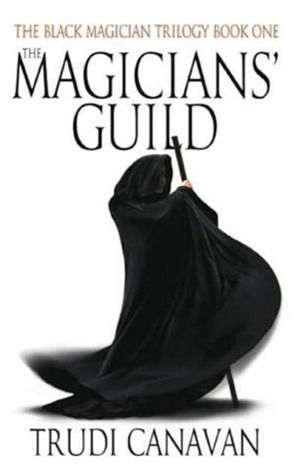 Being a Buffy fan I’ve long been at least vaguely aware of the name of Harry Dresden. When the Dresden Files TV show was announced I think James Marsters name was mooted to pay him – probably mainly by Buffy fans to be fair though. For some reason I was never that keen to catch up on this franchise. Maybe for a time I wasn’t really into reading/watching supernatural stuff. I did read a lot of straight crime fiction for a while there. Anyway the idea came back around again, partly through seeing Jim Butcher on Geek and Sundry’s StoryBoard discussion stream. On an impulse the other day I started to read the first page using Amazon’s “Look Inside” feature and well… here we are.
Being a Buffy fan I’ve long been at least vaguely aware of the name of Harry Dresden. When the Dresden Files TV show was announced I think James Marsters name was mooted to pay him – probably mainly by Buffy fans to be fair though. For some reason I was never that keen to catch up on this franchise. Maybe for a time I wasn’t really into reading/watching supernatural stuff. I did read a lot of straight crime fiction for a while there. Anyway the idea came back around again, partly through seeing Jim Butcher on Geek and Sundry’s StoryBoard discussion stream. On an impulse the other day I started to read the first page using Amazon’s “Look Inside” feature and well… here we are.
Storm Front is the first of the Harry Dresden novels. Dresden is a modern day wizard in Chicago. He’s a wizard for hire and he essentially works as a P.I. One day he’s approached by a woman who wants him to investigate the disappearance of her husband. At the same time he’s helping the police with an investigation into a particularly brutal and baffling murder. Meanwhile his own actions are being monitored by the White Council, which is the (good) wizards ruling body and is not exactly Dresden’s biggest fan. With all this going on and possibly the emergence of a mysterious new, very powerful magic practitioner it’s all starting to look very busy, and dangerous for Harry.
I have to admit that despite the renewed interest I started off sceptical as to whether I would like this book. At first my preconceptions seemed to be borne out. Some of the supernatural jargon felt twee (‘Nevernever’ for the magical realm) and it felt like it was trying too hard to invoke the twin genres of hard-boiled detective noir and supernatural fantasy (I’m not sure whether the term Urban Fantasy had been coined yet when this book came out in 2000). But I have to admit the book won me over.
There were two reasons for that. First the story builds very well. It’s not slow paced to begin with but it definitely ramps up a few notches by the end. So it had the page-turning plot thing covered.
The second reason was Dresden himself. The character is likeable. He seems like the hard-bitten P.I. cliche on the surface (Marlowe as a Mage?) but the internal monologue you get helps you see past the wisecracks to someone much more complicated, with vulnerabilities and his own fears and issues, and a past. He also gets the crap kicked out of him in various magical and mundane ways and that tends to get you on a character’s side. Not just that you feel for him but that when he’s been beaten down and is apparently out of options he tends to react with a defiant resolution to fight back.
So yes I enjoyed this book and yes I will be reading more of his adventures.
8/10 – a tale of a supernatural P.I. (but not the one about the Vampire with a soul 😉 )


